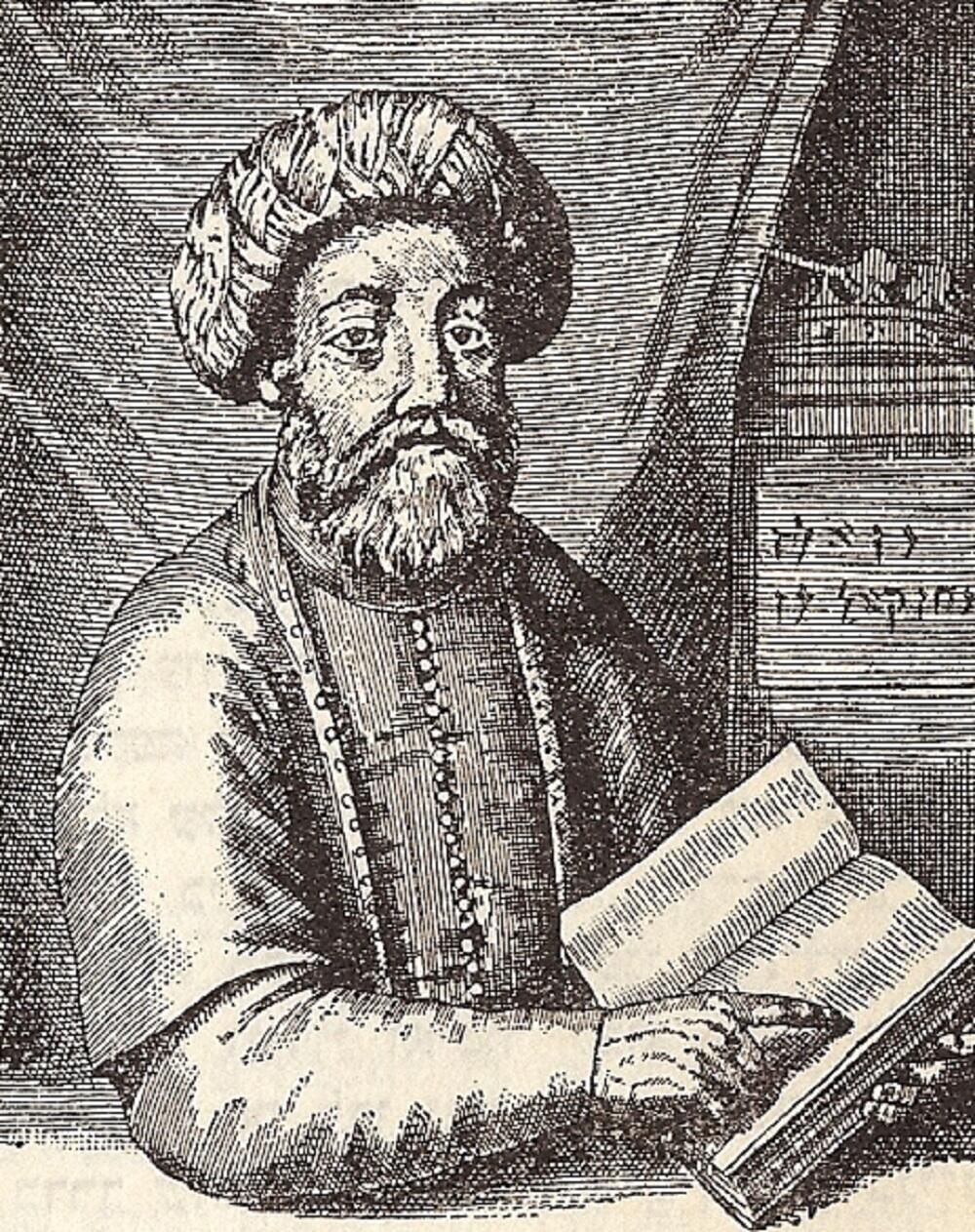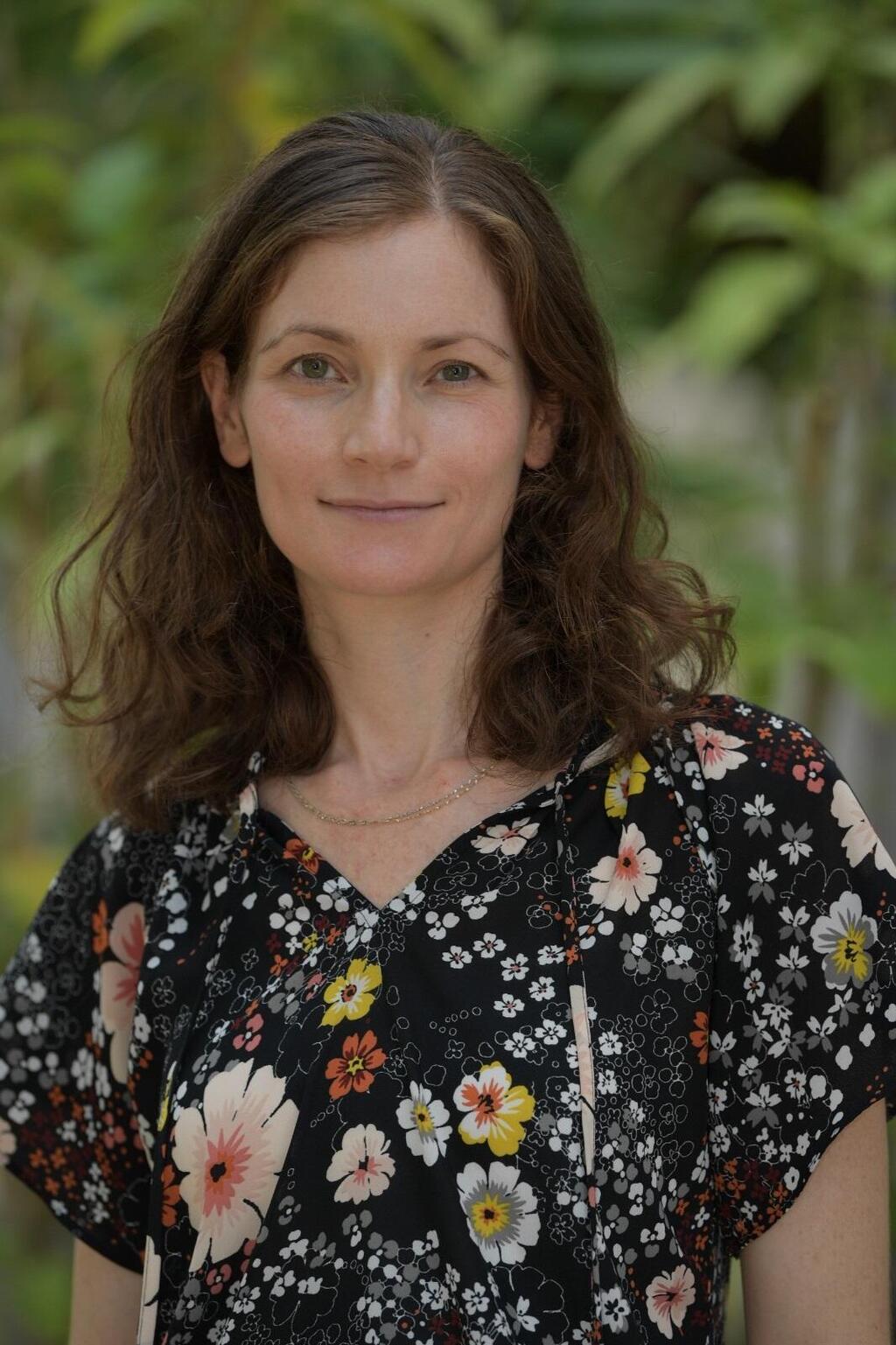The new study by Dr. Hadar Feldman Samet of Tel Aviv University reveals a corpus of nearly 1,500 Sabbatean liturgical poems, or piyyutim, many of which were set to Ottoman and Islamic melodies. The findings are presented in her book, The Poetry of the Sabbatean Believers, published by Magnes Press.
These songs, which served both religious and cultural functions, were composed and performed by followers of Tzvi — many of whom converted to Islam and became known as the Donmeh, a derogatory term meaning "apostates." The community was centered in the city of Salonika, in present-day Greece, and remained active until the early 20th century.
The poems, stored today in the Yad Ben-Zvi Institute in Jerusalem and at Harvard University Library, were performed during secret gatherings and often based on melodies familiar to the wider Ottoman world. According to Feldman Samet, the songs reflect a fusion of Jewish theology with Ottoman musical and poetic forms.
“These devotional poems exist within a broad context of non-Jewish influence, both musical and cultural,” Feldman Samet said. “While they carry theological meaning, they also provided the believers with a sensory and emotional experience that relied on content, form and sound drawn from outside the Jewish world.”
One example, drawn from the Ottoman genre known as mevlud (meaning “birth”), reworks a Muslim hymn that opens with the line “Welcome, Prophet Muhammad.” The Sabbatean version declares:
“And God came into the world from Kelara and from Mordechai,
Under the sign of David, son of Jesse, was born the redeemer Shabtai…
Beloved, beloved Shabtai Tzvi… They said: Blessed is he who comes, in the name of my lord.”
The original melody called for worshippers to rise in honor of Muhammad’s arrival — a practice replicated in the Sabbatean setting for Shabtai Tzvi.
In a painstaking research process, Feldman Samet was able to identify the original melodies of many of the poems. “Many of the poems contain titles that are musical instructions,” she said. “The words are in Hebrew, but the titles are in Turkish, referencing Ottoman songs that were popular in cafés and cultural venues.” One provocative example is a well-known Ottoman brothel ballad that opens with the lines:
“Saloniki, prostitute, Saloniki,
We wandered in the Balkans,
The Sabbateans adapted the tune to a new text:
“Shabtai, my beloved, Shabtai,
For you are David, son of Jesse,
He is the Messiah, son of David,
These reinterpretations offer a rare glimpse into the secretive and syncretic world of Sabbatean worship, which incorporated Jewish, Muslim and local traditions.
Shabtai Tzvi was born in Izmir, Turkey, on the Jewish fast day of Tisha B’Av in 1626. From a young age, he was immersed in Kabbalistic teachings and developed a following attracted to his intense spirituality and charisma.
In the mid-1660s, he met Nathan of Gaza — known as Nathan the Prophet — who proclaimed Tzvi as the long-awaited Jewish Messiah. Tzvi accepted the designation and began spreading his message, sparking a wave of messianic enthusiasm throughout the Jewish world. Some Jews sold their homes and prepared to emigrate to Zion, convinced that redemption was imminent.
Tzvi's sudden popularity has been widely attributed to the trauma of the 1648–49 Khmelnytsky massacres in Eastern Europe and the growing appeal of Kabbalistic mysticism. However, Feldman Samet suggests the reverse may be true.
“It’s possible the spread of Kabbalah was driven by the influence of the Sabbatean movement,” she said. “There was also broader messianic discourse in non-Jewish communities during this period. Ottoman rulers like Suleiman the Magnificent, for example, were venerated as messianic figures, and these ideas likely influenced Jewish communities as well.”
In 1666, Shabtai Tzvi arrived in Istanbul and was arrested by Ottoman authorities. On the eve of Passover, the grand vizier ordered his imprisonment, but Tzvi continued to perform ritual acts from within his fortress cell, which became a pilgrimage site for followers.
Six months later, he was brought before the Sultan’s court and given a choice: convert to Islam or die. Tzvi chose conversion and was renamed Aziz Mehmet. He died 10 years later in 1676 during Yom Kippur, the Jewish Day of Atonement.
The news of his conversion devastated many Jews, and the majority of his followers abandoned their belief in him. Feldman Samet, however, cautions against the simplistic label of “false messiah.”
“As a historian, I don’t determine truth or falsehood,” she said. “My work is to understand the many believers and reconstruct their worldview.”
Sabbatean believers interpreted Tzvi’s apostasy as part of the divine plan. Nathan of Gaza taught that the messiah’s descent into Islam was necessary for redemption — though he insisted it applied to the messiah alone. Many of Tzvi’s followers disagreed and chose to follow his path.
Feldman Samet avoids the term “justification,” preferring instead “reinterpretation.” “This kind of theological reframing happens in many religions,” she said. “For Sabbateans, following Tzvi was a way of fulfilling their devotion to the God of Israel, even if they no longer identified as Jews in the traditional sense.”
Roughly 200 families converted alongside Tzvi, and two additional waves of mass conversions followed his death. By the 19th century, the Donmeh community in Salonika had developed its own hybrid religious identity, incorporating Jewish, Islamic and unique Sabbatean practices. At its peak, the Donmeh made up roughly 10% of Salonika’s population.
The Donmeh divided into three main sects, each led by separate leaders — among them Yaakov Querido and Baruchya Russo. The sects maintained strict separation from both mainstream Jews and each other, forbidding intermarriage and operating with independent religious authority.
The community remained active until the early 20th century. In 1923, the Treaty of Lausanne mandated a population exchange between Greece and Turkey, and the Donmeh — classified as Muslims — were forced to relocate to Turkey. Many later viewed the forced migration as divine intervention that saved them from the Holocaust.
“There are many Donmeh descendants living in Turkey and Europe today,” Feldman Samet said. “Some have assimilated into Muslim society, while others are beginning to reconnect with their roots.”
Still, she said, most descendants avoid public identification due to antisemitic sentiment in parts of the Muslim world.
“There are still Sabbateans today — only a few thousand — but the community exists,” she said. “Because of fear, many choose not to speak about their identity. But they are there.”



